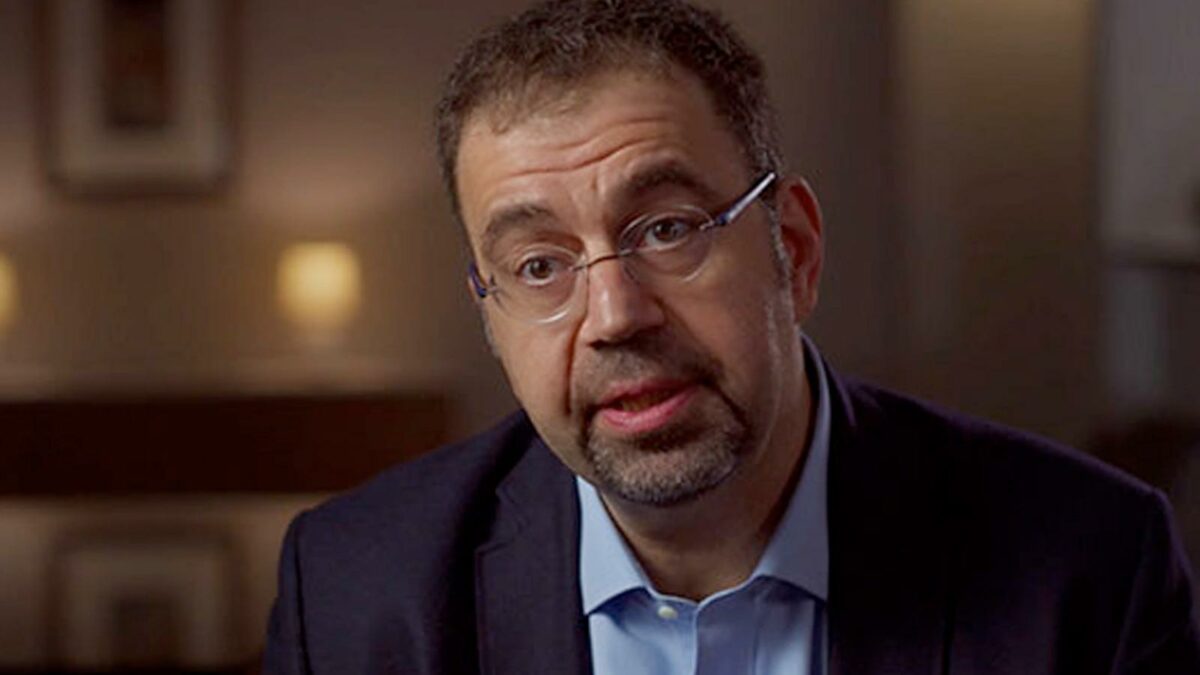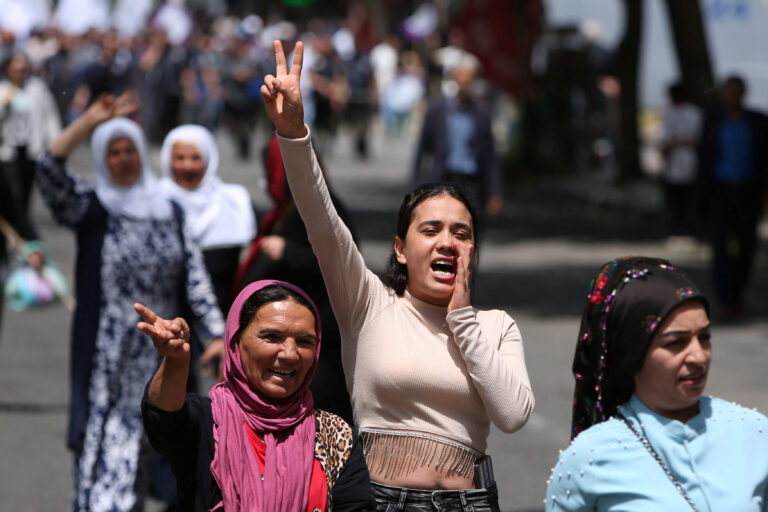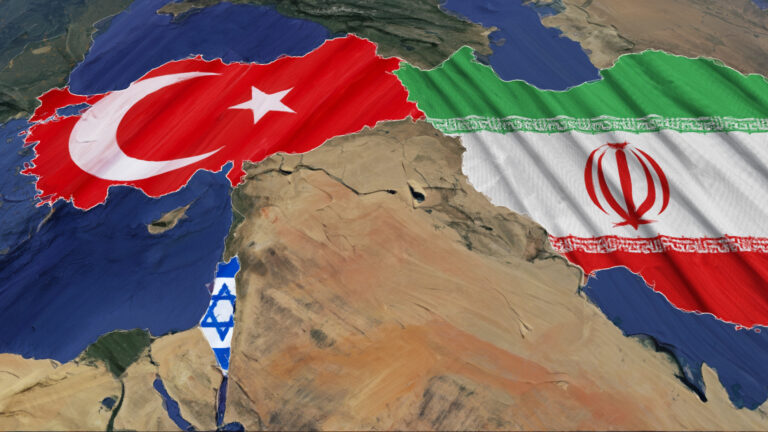Last Thursday, the Turkish Central Bank made a significant move, raising its policy rate from 17.5% to 25% in an effort to combat Turkey’s persistent inflation problem. Economist and author Daron Acemoğlu applauded this decision but added a cautionary note, stating, “It’s a step in the right direction, but it remains uncertain if it will be consistently followed through. I foresee challenging days ahead for Turkey and its people.”

In the wake of a gradual recovery from the COVID-19 crisis, the Erdoğan administration had been adopting what many economists termed “unorthodox economic policies.” President Erdogan’s persistent reduction of interest rates led to double or even triple-digit inflation and a substantial depreciation of the Turkish Lira against the US Dollar. However, following President Erdogan’s recent victory in the general elections, he appointed seasoned officials to oversee the nation’s fiscal policies, signaling a return to more proven orthodox policies. The newly appointed Finance Minister, Mehmet Şimşek, and Central Bank Governor Hafize Gaye Erkan have been diligently addressing these economic challenges, culminating in the Central Bank’s policy rate hike from 8.5% to 17.5%, and most recently, to a steep 25%.

Daron Acemoğlu, a Professor of Economics at the Massachusetts Institute of Technology (MIT), shared his perspective on the Central Bank’s decision to significantly raise the policy interest rate during this month’s Monetary Policy Committee meeting through Twitter.
Merkez Bankası’nın faizi arttırması konusunda bazı düşünceler.
— Daron Acemoglu (@DAcemogluMIT) August 27, 2023
Objektif olarak baktığımız zaman 7.50% faiz arttırımı doğru yönde bir karar.
Acemoğlu commended the interest rate hike as the right move. However, he also emphasized that a complete economic recovery cannot be achieved through interest rate hikes alone and underscored the necessity for policy adjustments in four key areas. Acemoğlu added, “Following last month’s disappointing interest rate decision, this recent move may signal that the Central Bank is genuinely committed to tackling inflation.“
Acemoğlu stressed that the economy cannot be revitalized solely by raising interest rates and outlined the four crucial policy changes required to address Turkey’s economic challenges:
“First, interest rates must be raised to push real interest rates above zero to begin controlling inflation. This is a pivotal step in the battle against inflation. We are currently in the early stages of this first phase. I still have reservations about whether state banks will cease their practices of offering cheap loans. They may continue distributing cheap funds through other channels. Therefore, we’ve only taken the initial steps in this direction.
Second, instituting institutional reform is imperative. This is of paramount importance. This reform process should commence by strengthening freedom of expression and democratic rights. Simultaneously, it’s essential to undertake structural reforms that directly impact the economy. These include combating corruption, ending anti-competitive practices, safeguarding the independence of the judiciary, and facilitating investments, which are particularly critical. Unfortunately, there have been no advancements in these areas, and I’m skeptical if any will materialize. An analysis I conducted in collaboration with Murat Üçer indicates that Turkey’s most pressing issues are inefficiency and technological lag. These are problems that cannot be addressed without comprehensive institutional and structural reforms. As long as these inefficiencies persist, real wages will remain stagnant, and factors driving inflation will persist. Poverty and unemployment will persist as well.
Third, in addition to the fight against inflation and institutional reforms, attracting foreign investment is vital. Foreign capital should be utilized to improve the financial health of companies and banks, as well as to cover substantial expenses arising from events like the (2023 Turkey–Syria) earthquakes. Will there be concrete actions taken in this regard? Naturally, economic policymakers are eager to attract foreign capital. However, I’m uncertain if they will allocate these resources effectively. Thus far, they have not truly acknowledged the actual state of Turkish banks and corporations. During Mehmet Şimşek’s prior tenure as a minister, abundant resources were available, but they were not employed effectively. This period coincided with Turkey’s lowest productivity levels. Can we be certain that they will suddenly make the right decisions this time?
Fourth, we must ensure that poverty does not escalate. In conjunction with foreign capital and well-implemented institutional reforms, it is imperative to bolster investments and fortify the social safety net. Yet, I’m also unsure if the government will adopt the correct policies in this regard.“
Medyascope'un haftalık e-bülteni
Andaç'a abone olun
Editörlerimizin derlediği öngörüler, analizler, Türkiye’yi ve dünyayı şekillendiren haberler, Medyascope’un e-bülteni Andaç‘la her çarşamba mail kutunuzda.
After outlining these necessary changes, Acemoğlu concluded, “In summary, It’s a step in the right direction, but it remains uncertain if it will be consistently followed through. I foresee challenging days ahead for Turkey and its people.”











